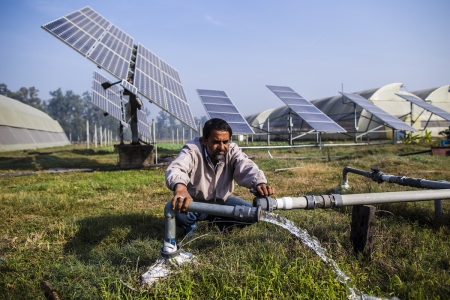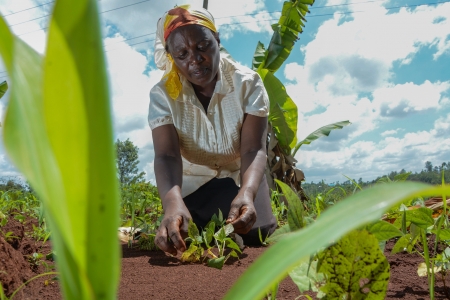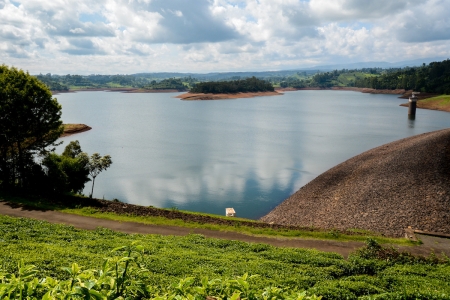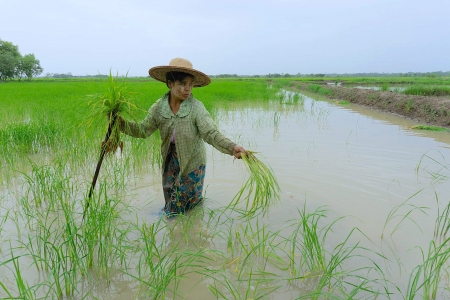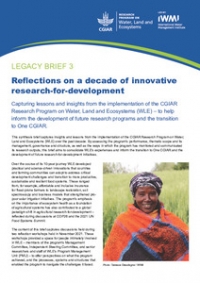WLE, through its lead partner International Water Management Institute (IWMI), has contributed to joint FAO-WHO initiatives to reduce food-borne antimicrobial resistance (AMR) and improve the safety of wastewater reuse. Experts contributed updates to an AMR Code of Practice.
WLE’s Rural Urban Linkages flagship participated in a joint FAO –WHO meeting on June 11-15, 2018 on the topic of Foodborne AMR. Organized in collaboration with the World Organization for Animal Health (OIE), the meeting aimed to discuss the role of the environment, crops and biocides in spreading foodborne AMR.
Over 35 experts were brought together in order to collate scientific evidence on AMR with the goal of advising a Task Force that had been created to develop internationally harmonized food standards to protect consumer health and ensure fair practices in the food trade. This task force, called the Codex Alimentarius Commission, was asked to update the Code of Practice to Minimize and Contain Antimicrobial Resistance, in particular the sections that pertain to how the environment can contribute to the spread of AMR through the food the chain.
IWMI and WLE contributed its knowledge about nutrient recycling for agriculture, particularly how wastewater and compost made in part from fecal matter can be safely used, and how to avoid the transport of resistant bacteria and bacterial genes.
In addition, IWMI and WLE also contributed to working groups that discussed the safety and quality of water used in food production and processing from June 14-18. The information and expertise pulled together in these working groups fed into the Codex Alimentarius in the form of guidelines for safe water use. Specifically, WLE and IWMI researchers shared their expertise regarding safe wastewater use in agriculture and aquaculture, including their experience with risk assessments to risk mitigation.

/index.jpg?itok=EzuBHOXY&c=feafd7f5ab7d60c363652d23929d0aee)


